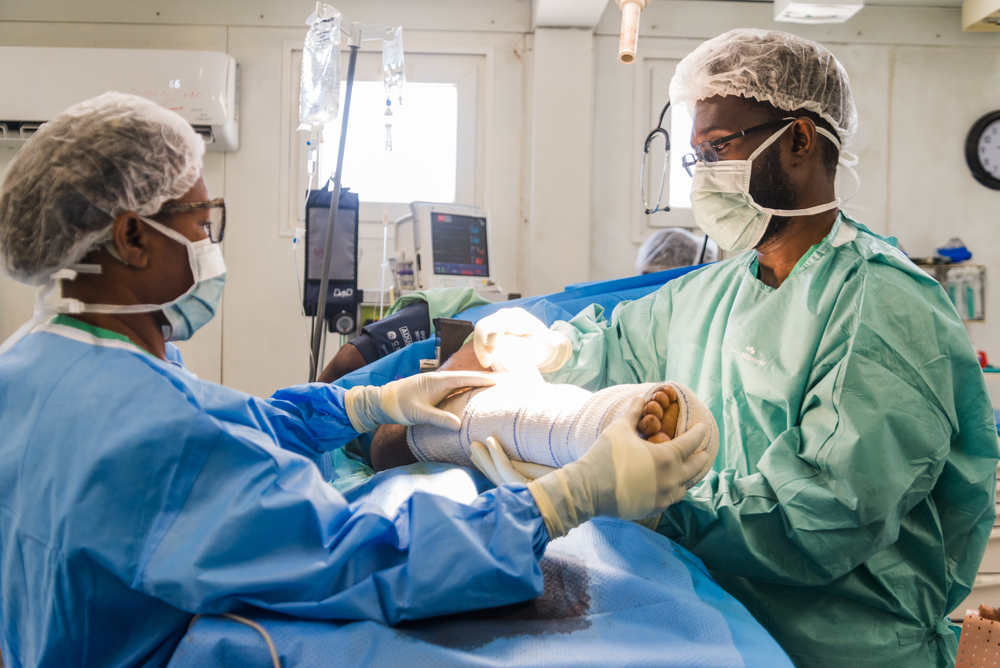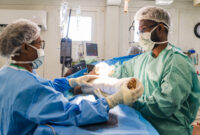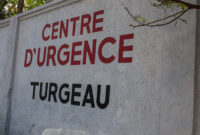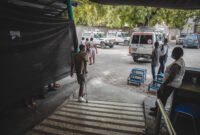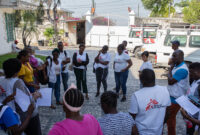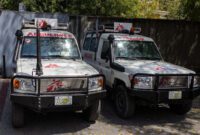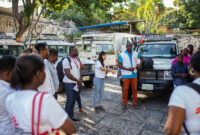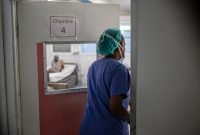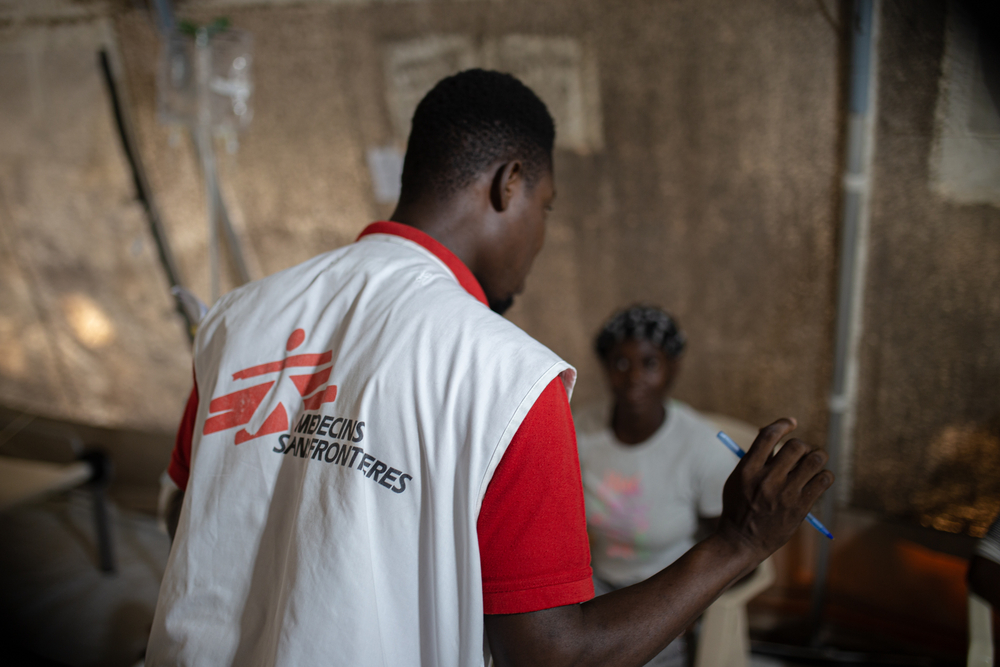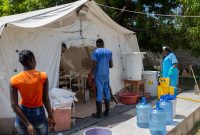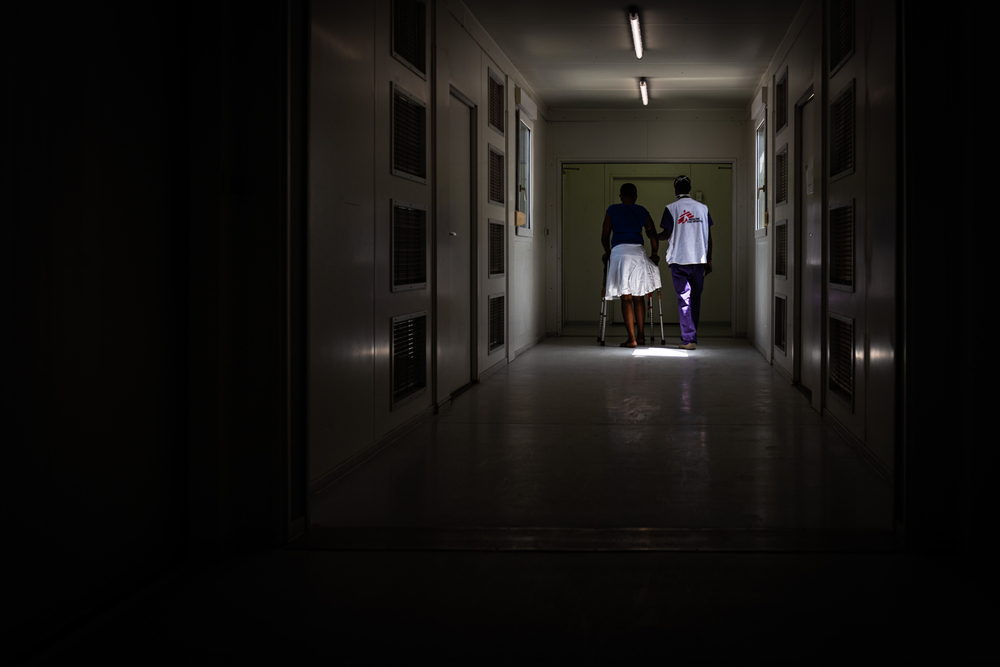Closed ports, empty shelves: Haiti urgently needs medical supplies
Since the end of February, Port-au-Prince has been engulfed in unprecedented violence, cutting off the Haitian capital from the outside world following the closure of the airport and ports. The escalating insecurity has severely disrupted the medical operations of Doctors Without Borders/Médecins Sans Frontières (MSF), which has not been able to import any supplies since mid-March. The Haitian healthcare system is even more severely affected, leaving the population without essential medical services amidst ongoing violence and isolation. MSF urgently calls the armed groups involved in the fighting and the authorities in charge of customs to facilitate the delivery of medical supply to the civilian population in urgent need.
“If we do not receive our medical supply in the next two weeks, we will be forced to drastically reduce our operations” says Mumuza Muhindo Musubaho, MSF country director. “We had to increase our capacity to cope with the influx of patients, but unfortunately, the enormous consumption of medications means that we are currently in short supply.”
More than 30 medical centres and hospitals have shut their doors, including the biggest L’Hôpital de l’Université d’État d’Haïti, due to vandalism, looting, or being located in insecure areas. The closure of the airport and ports since February has left MSF medical facilities critically undersupplied. “In this emergency situation, customs procedures need to be more flexible, so that the medicines and other supply can be delivered as quickly as possible” alerts Mumuza Muhindo Musubaho. Despite the recent reopening of the airport in Port-au-Prince, there needs to be wider cooperation to speed up the customs procedures.
While supply is becoming scarcer for MSF and other medical actors, the population faces urgent medical and humanitarian needs. People with chronic illnesses, such as tuberculosis and HIV, are at high risk of worsening due to lack of access to medical services and life-saving medications. Unsanitary conditions in the numerous displaced sites spread across Port-au-Prince heighten the risk of water-borne diseases like cholera.
The MSF hospital in Carrefour, opened in March in response to the increased violence, highlights these challenges. Initially stocked for six months, the hospital’s supplies have dwindled rapidly due to the surge in the number of patients. “In this context, everything becomes a challenge. Even buying paper for medical reports is a big problem these days,” explains Jean Baptiste Goasglas, MSF project coordinator. Overall, in all MSF projects in the country during March and April 2024, MSF teams provided 9,025 outpatient consultations, treated 4,966 urgent cases, including 869 bullet-wounded patients and 742 traffic accident victims, and admitted 99 severely burned patients at the Tabarre hospital, half of whom were children.
In the current state of emergency, as hospitals continue to close their doors and reduce services, we urge the authorities to ease the custom processes and ask all parties to facilitate the safe transportation of material to medical facilities in order to treat patients.
